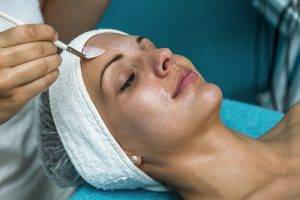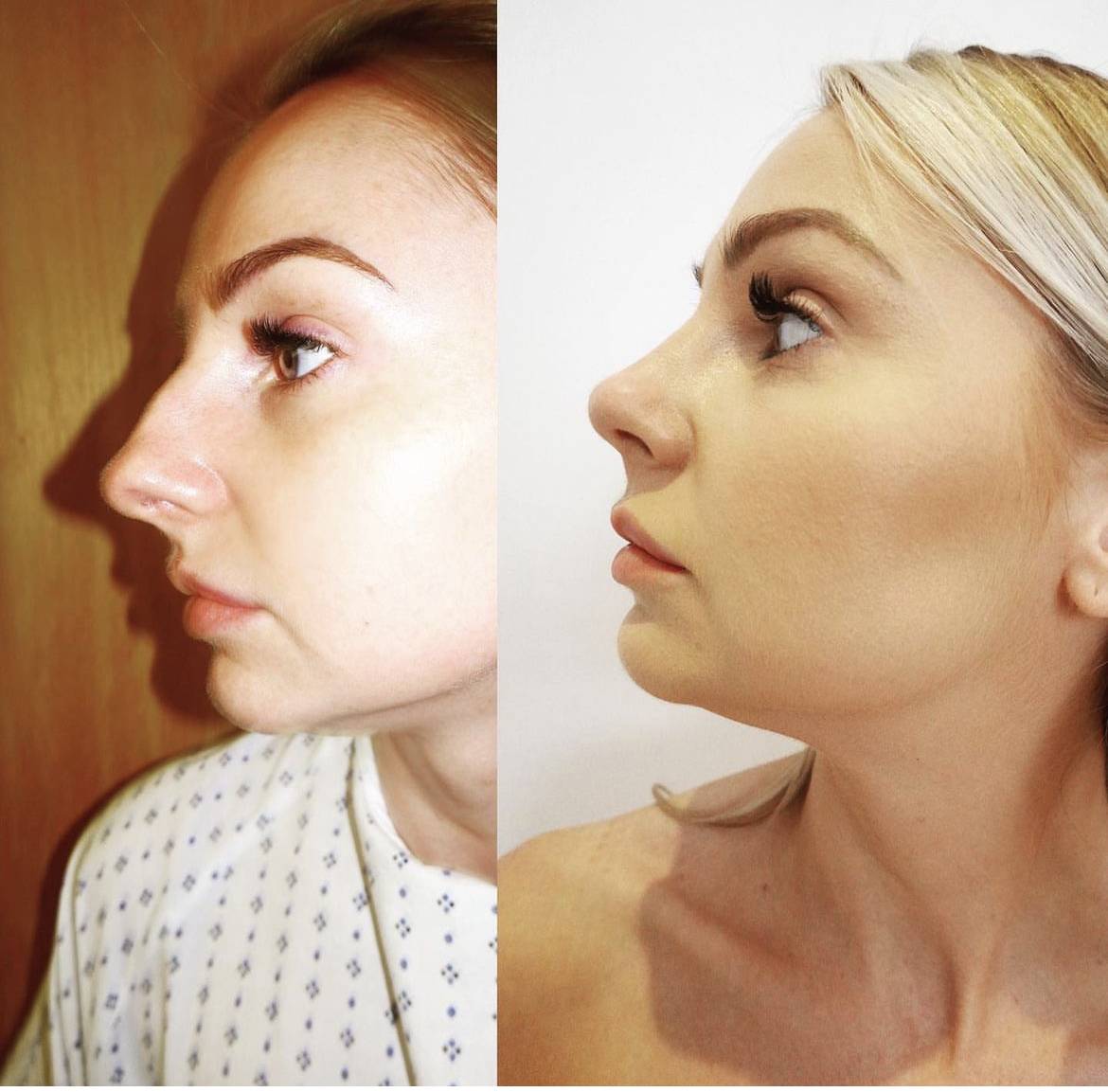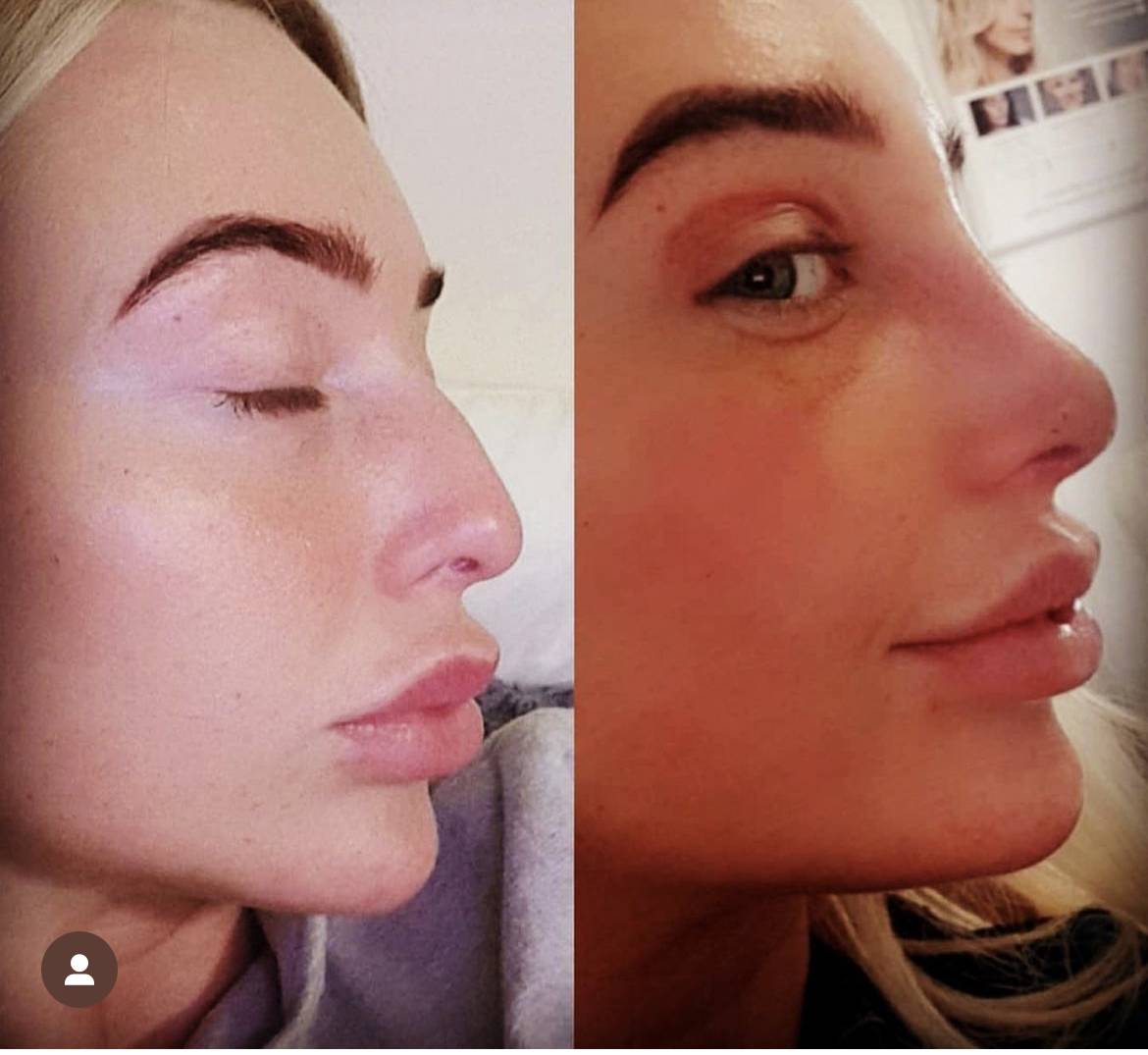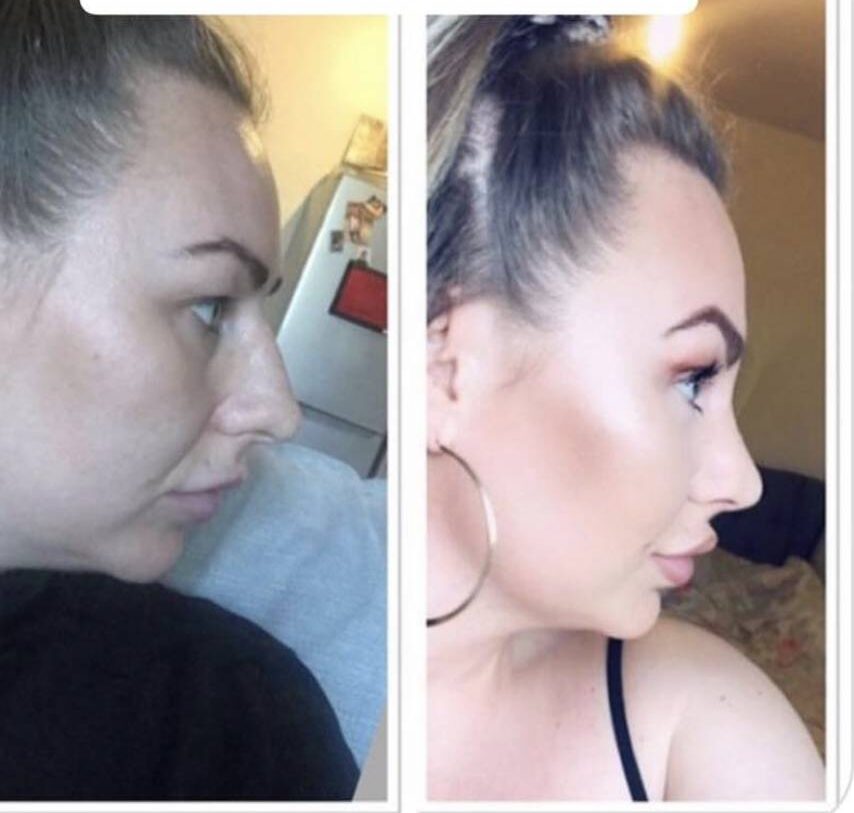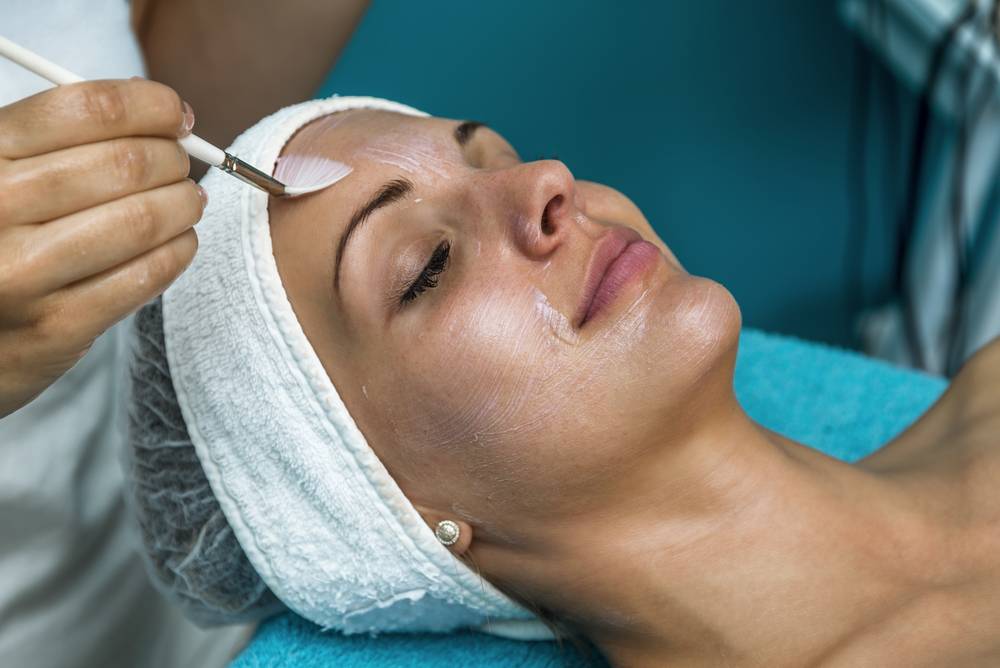 A chemical peel come in varying levels of intensity to treat a range of skincare issues, from texture problems and hyperpigmentation to fine lines and wrinkles.
A chemical peel come in varying levels of intensity to treat a range of skincare issues, from texture problems and hyperpigmentation to fine lines and wrinkles.
In short, chemical peels are skin-resurfacing treatments that are tailored to the concerns of each patient. Below, we address all your peel-related queries.
What does a chemical peel do?
Chemical peels remove outer layers of skin, though how many layers depends on the intensity of the peel. After a healing period, skin is left feeling softer and smoother, superficial issues such as acne or acne scars, fine lines and wrinkles, and hyperpigmentation should be improved, if not completely corrected. And as chemical peels sweep away dead skin cells, they leave faces with a radiant glow.
Are there different types of chemical peel?
Peels are formulated as light, medium, or deep treatments, depending on the chemicals used and how they are formulated. The treatment that’s right for you depends on your desired results and how much downtime you’re willing to endure. You should always consult a dermatologist before undergoing a chemical peel.
What chemicals are in the peel?
Each peel is different, the exact formula depends on the intensity of the treatment. The most common chemicals used in peels are alpha hydroxy acids (AHAs), beta hydroxy acids (BHAs), trichloroacetic acid (TCA), and phenol. AHAs and BHAs are the lightest acids, often used in light chemical peels. TCA can be used in many different formulations. Phenol is the strongest chemical and only used in deep peels.
Is there downtime?
Light flaking, irritation, and peeling usually occur for a few days after a light peel. It can take up to six weeks for skin to return to its normal appearance following a medium chemical peel. Deep chemical peels are closer in nature to surgical treatment—patients are usually asked to rest their skin for two weeks before they’re able to resume normal activities, or wear makeup. Skin can remain red in appearance for up to three months.
What is the expected results?
The results of a chemical peel varies for every patient. That said, chemical peels are intended to improve the appearance of:
- Freckles
- Scars
- Rough skin and scaly patches
- Scars
- Acne or acne scars
- Fine lines and wrinkles
- Age and liver spots
- Irregular skin pigmentation
- Sun-damaged skin
How do I know if I need a chemical peel or a different facial treatment?
Chemical peels are not intended to:
- Remove deep scars
- Tighten loose or sagging skin
- Treat deep facial lines
- Remove broken capillaries
- Change pore size
Can everyone get a chemical peel?
You might not be a good candidate for chemical peel if you have:
- Abnormal pigmentation
- Red hair and pale freckled skin
- Used certain acne treatments within the last year
- A history of abnormal skin scarring
- Afro-Caribbean or Asian skin
- Facial warts
Speak to a professional
It’s always recommended to speak to a cosmetic surgeon about the best procedure for yourself, they will also be able to tell you the expected recovery period, side effects, and end result. At Dr Frati Cosmetic Surgery we provide free consultations to all patients, our surgeons boast decades of experience and good reviews, and our after care is renowned. Contact us today to arrange your free consultation. Chemical Peels can often work with other treatments. In Manchester Dr. Frati recommends Juliet Laser for all your laser hair removal and tattoo removal Manchester procedures

